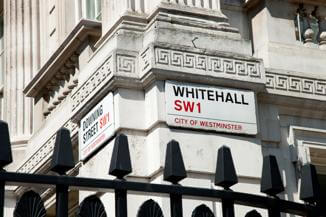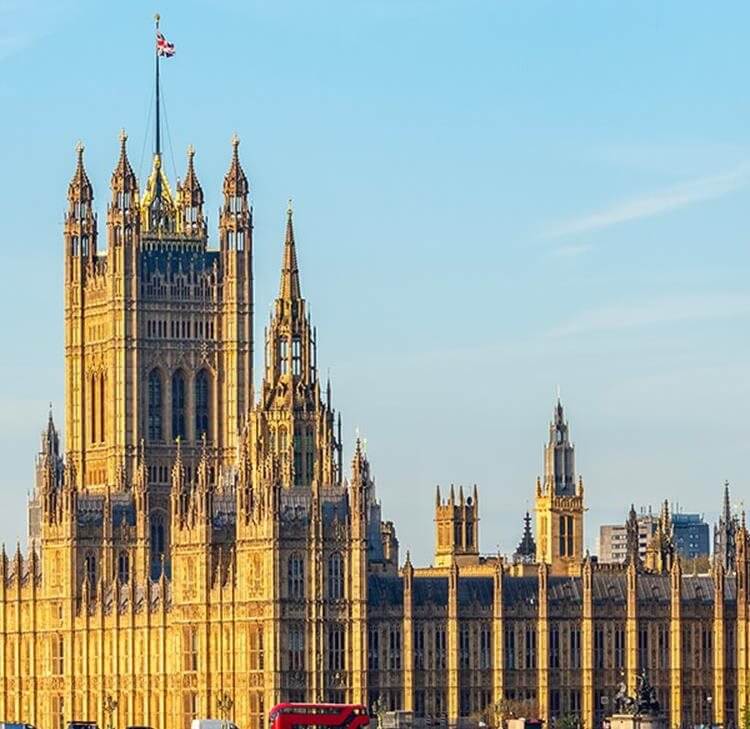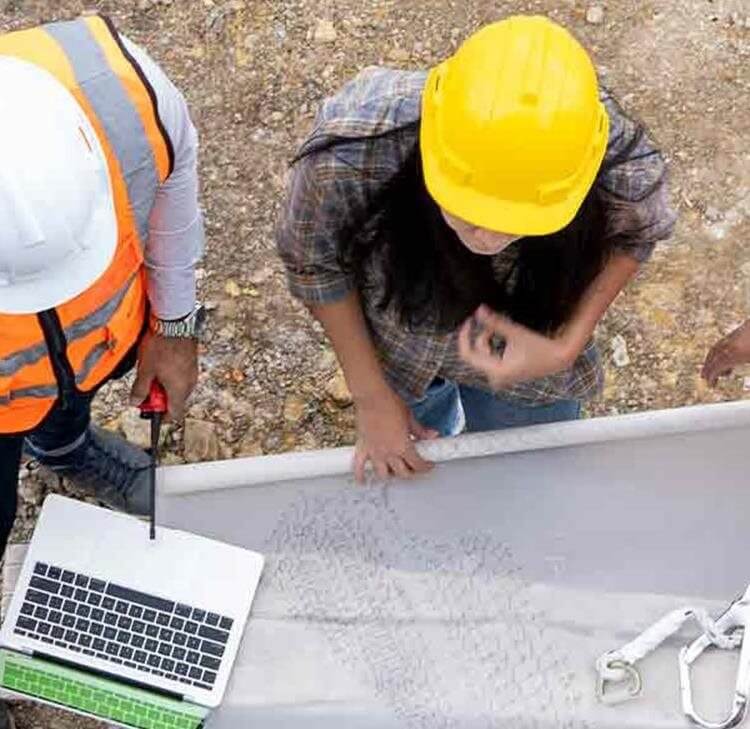Public decision-taking during coronavirus restrictions
Public bodies will be reviewing their arrangements for public decision-taking in light of the recommended measures to facilitate social distancing and to avoid large gatherings.
Please note: the information contained in this legal update is correct as of the original date of publication
This article is taken from March's public matters newsletter. Click here to view more articles from this issue.
Public bodies will be reviewing their arrangements for public decision-taking in light of the recommended measures to facilitate social distancing and to avoid large gatherings. Members of such bodies may also fall within the categories of vulnerable people who ought to be self-isolating to protect themselves against contracting the virus.
What can organisations do to meet the guidance and to maintain functioning democratic decision-taking?
- Review what decisions are essential in the near future;
- Ensure that the report to the decision-taker is provided with the appropriate publicity and is as well-reasoned and clear as possible;
- Think ahead – if it is necessary to hold a meeting of the body – secure a delegation from that body to a suitable group of potential decision-takers to enable future decisions to be taken without the need for meetings in person;
- Review the legislative and constitutional requirements regarding the relevant decision-taking.
Taking those last two in turn:
Legislative requirements
Only local authority councillors in Wales are able to attend meetings remotely and even then at least 30% of the total attendance must be in attendance personally (Section 4 Local Government (Wales) Measure 2011). Otherwise there is no current power for remote attendance at local government meetings by councillors.
Constitutions
Most constitutions contain emergency default powers for decision-taking. These powers should be carefully reviewed. The occurrence of the pandemic is highly likely to provide a sound basis for the use of such powers for appropriate decisions.
Ensure that the senior officer or officers who have the emergency delegation powers have, themselves, delegated those powers to a suitable group of deputies and similar so that there is a sufficiently large group of potential decision-takers should one or more individuals be temporarily incapacitated.
Whilst the final decision may be delegated to a specific officer, there is no reason why the delegation may not require the officer to consult with and receive the views of members of the body prior to reaching the decision. Such views can be expressed remotely using modern technology whether by video or audio communication. The decision-taker must take his or her own independent decision, but will clearly be informed not only by the report produced but also the views of members having considered that report. The decision-taker ought to carefully record the reasons for the decision.
The existence of a quorum may be operated by agreement of the political parties to reduce the numbers needing to attend a given meeting so enabling social distancing to be observed.
Some constitutions make provision for member substitution and it may be appropriate for bodies to consider introducing such provisions to facilitate members to participate in decision-taking when other members are absent through sickness or self-isolating.
The future – possible legislative change
The LGA has recently asked the government to look again at remote access to Council meetings. The LLG and ADSO have indicated support for this proposal and have also written to the Secretary of State to request:
- Suspension of the requirement to hold Council annual meetings
- Waiving the requirement for a councillor to attend a meeting of their local authority at least once in any six month period
- The delay of by-elections until the local elections in 2021.
The government’s Guidance “What the coronavirus bill will do” published on 17 March has yet to indicate any detail in relation to remote attendance at Council meetings, though the 2020 local elections are to be deferred to 2021 along with by election postponement powers. The Guidance states: “It also envisaged that changes to legislation might be necessary in order to give public bodies across the UK the tools and powers they need to carry out an effective response to this emergency.” So there is the potential for remote attendance powers (potentially using the welsh legislative model) to be introduced into the Bill. Watch this space.
These are some initial thoughts and all organisations will need to undertake a risk analysis of the decision-taking which is scheduled for the forthcoming months and we recommend that you plan ahead to seek to minimise the difficulties which may subsequently be encountered.









































